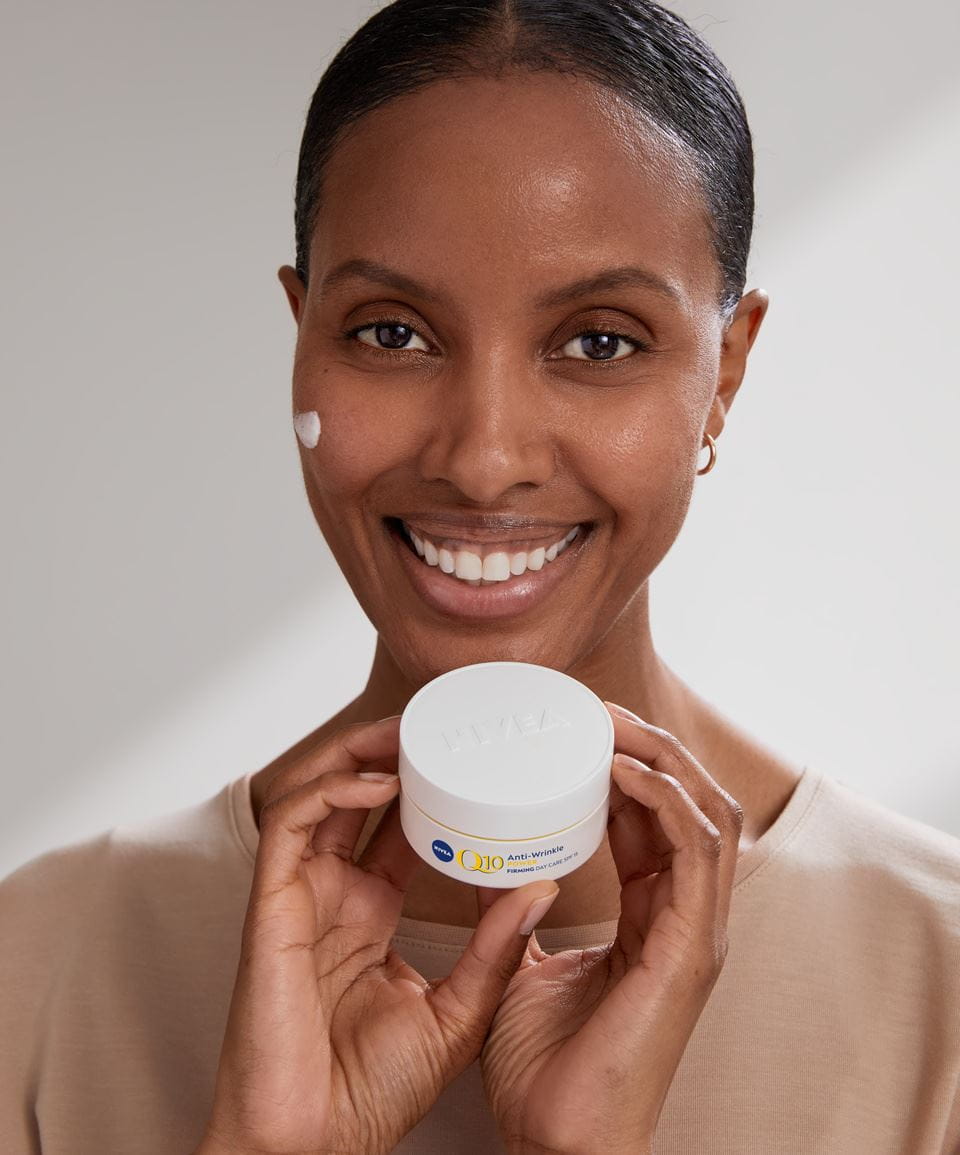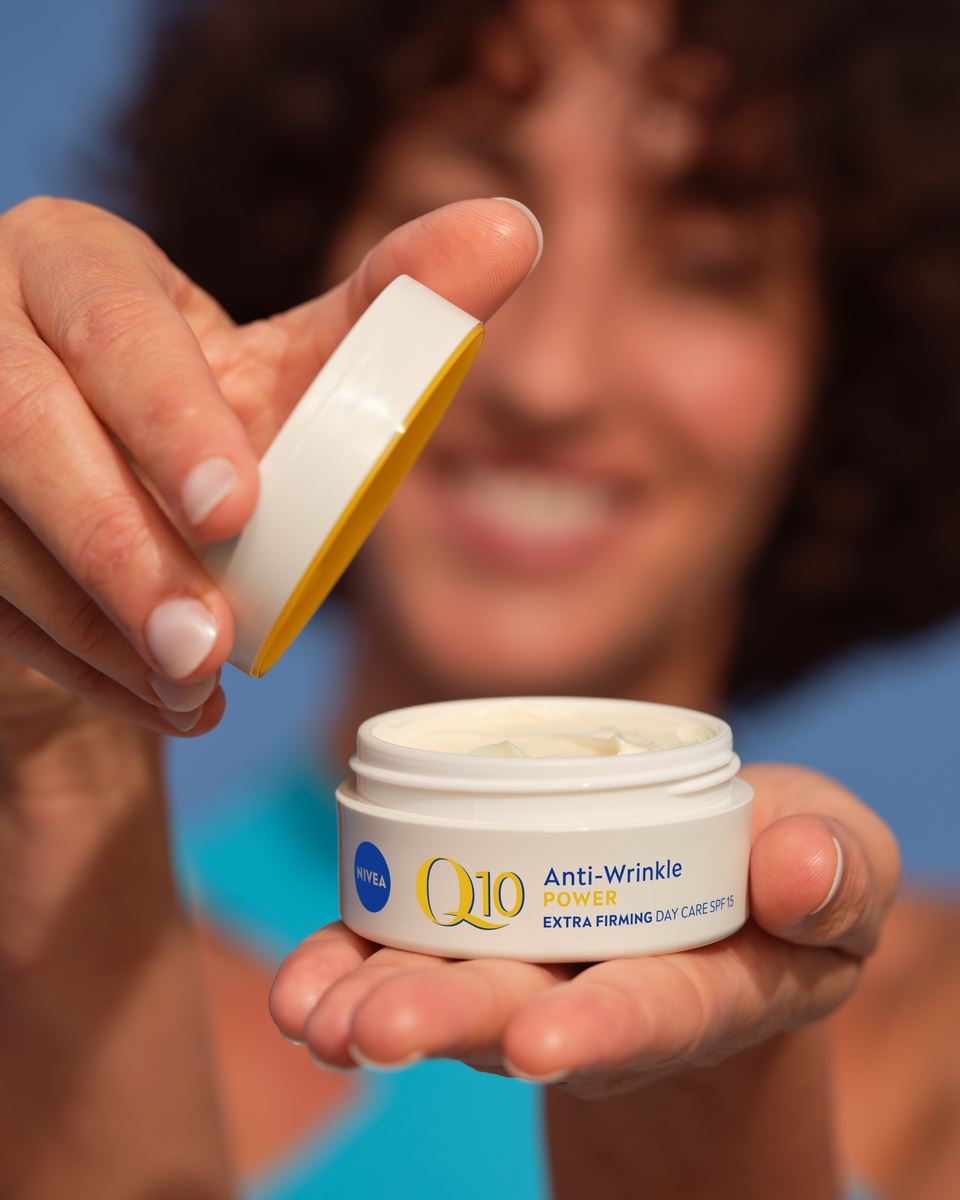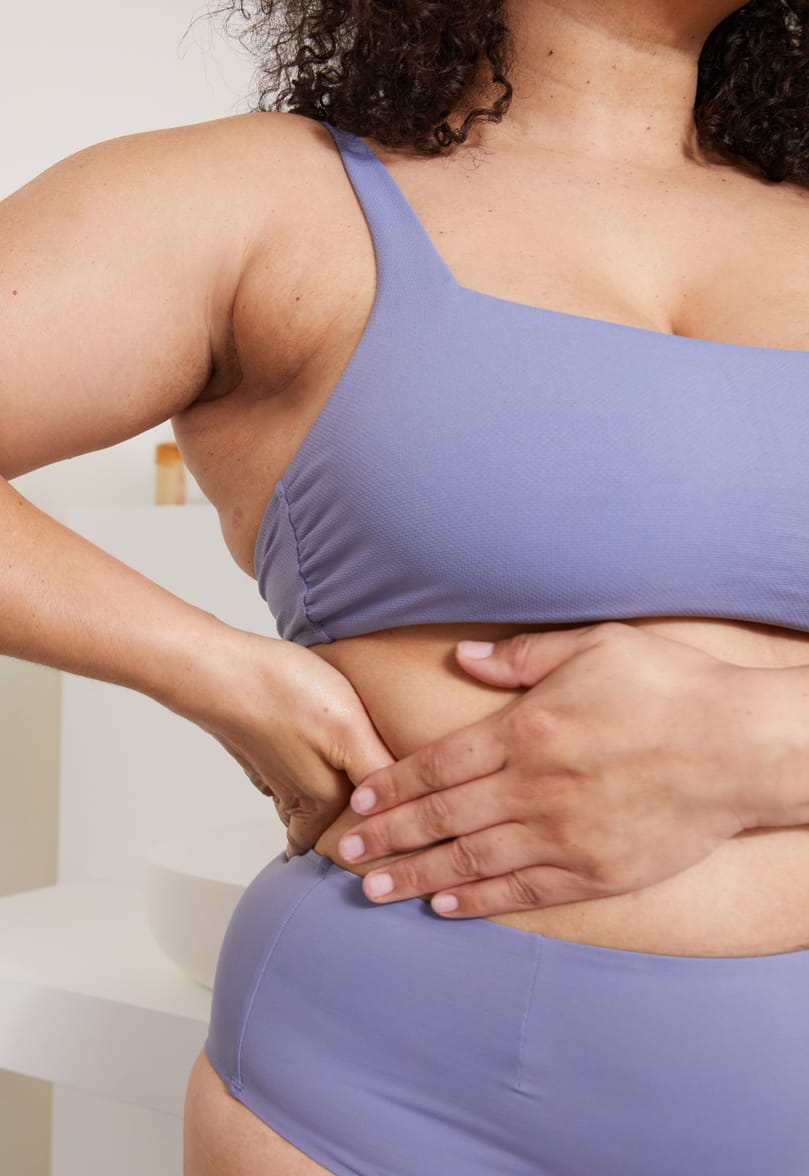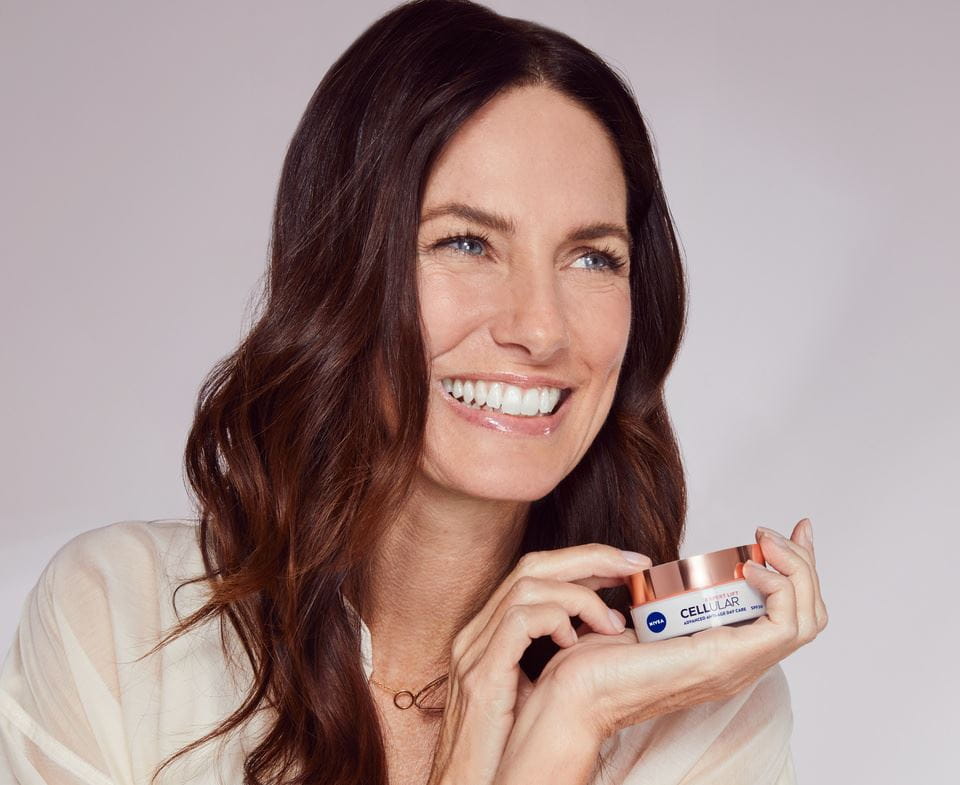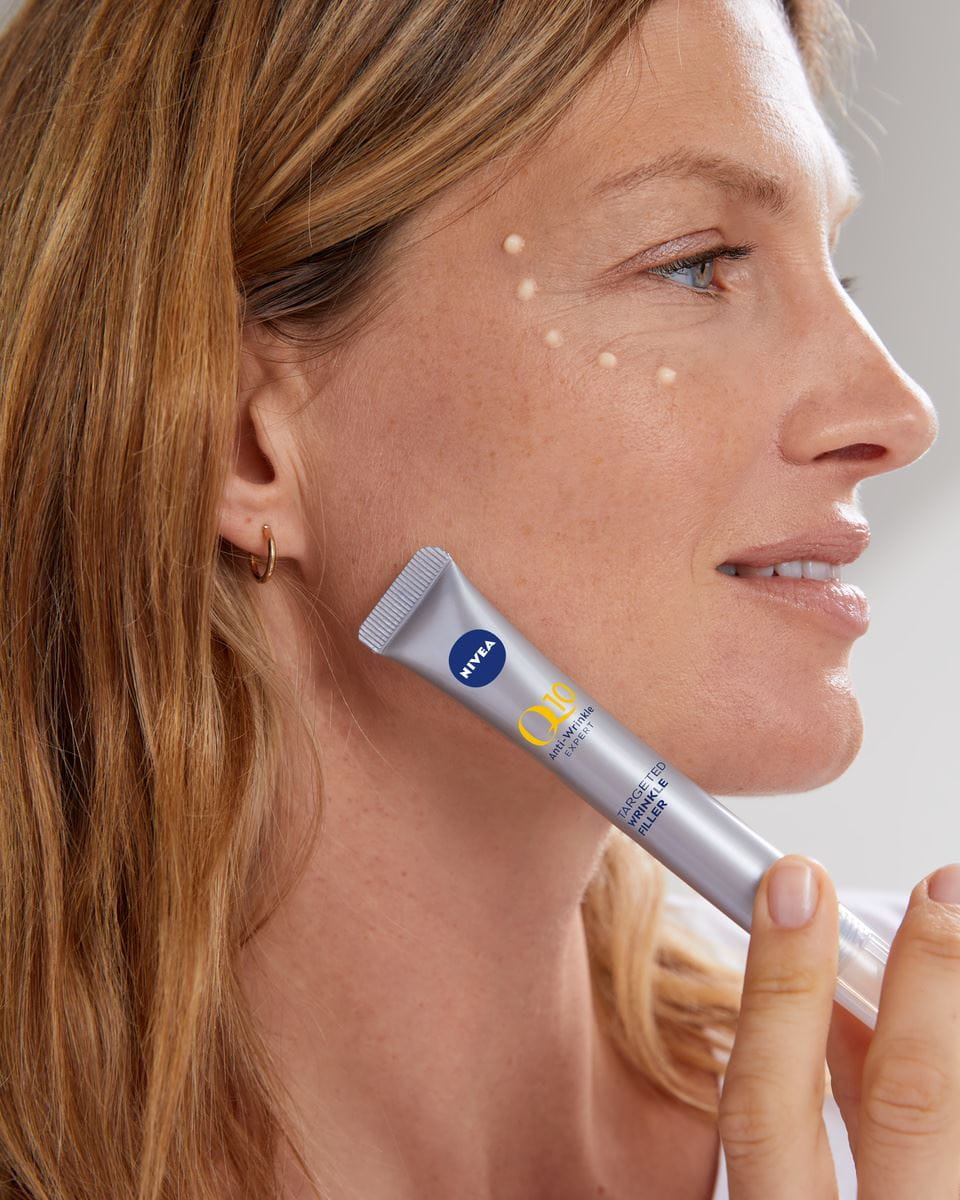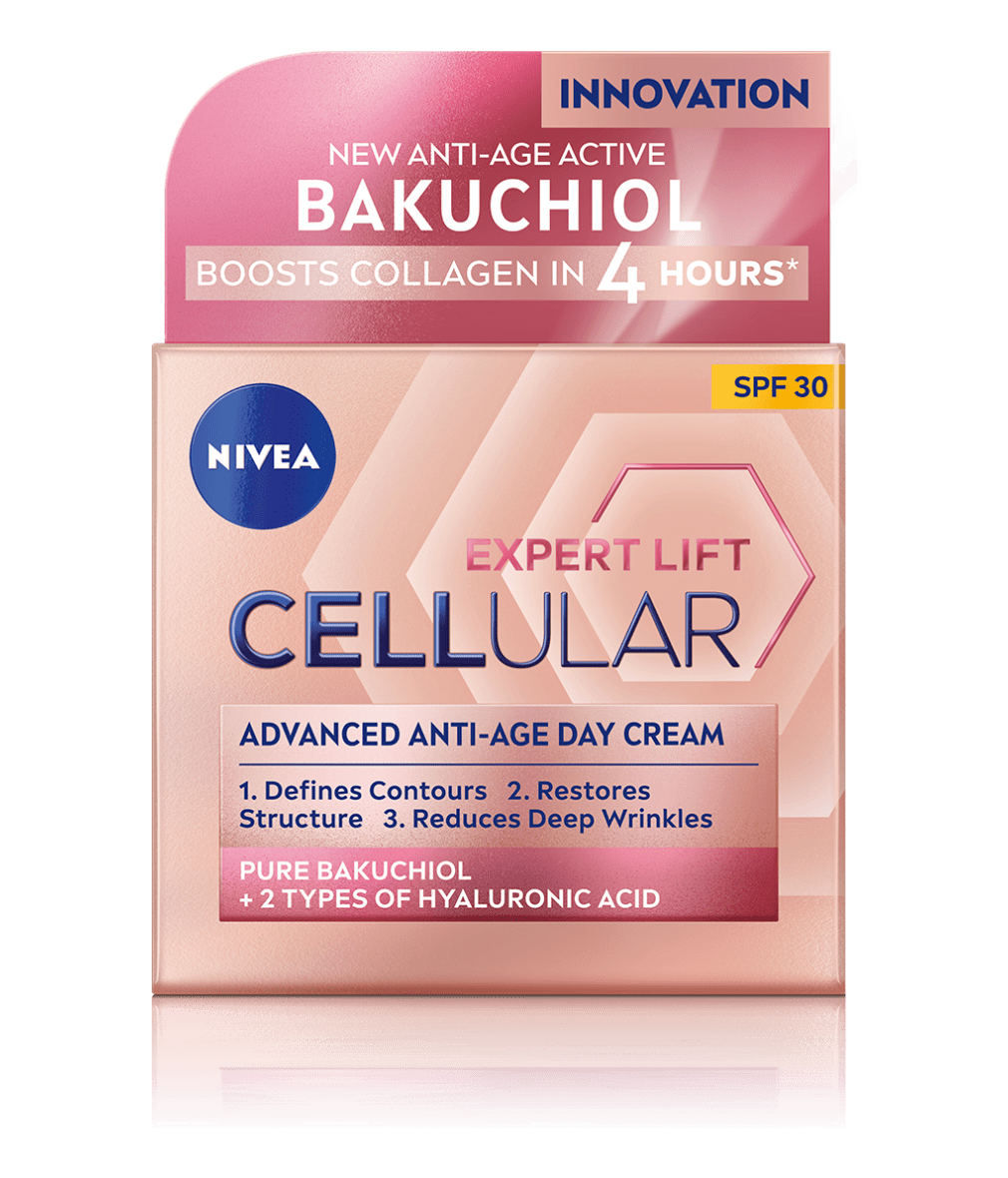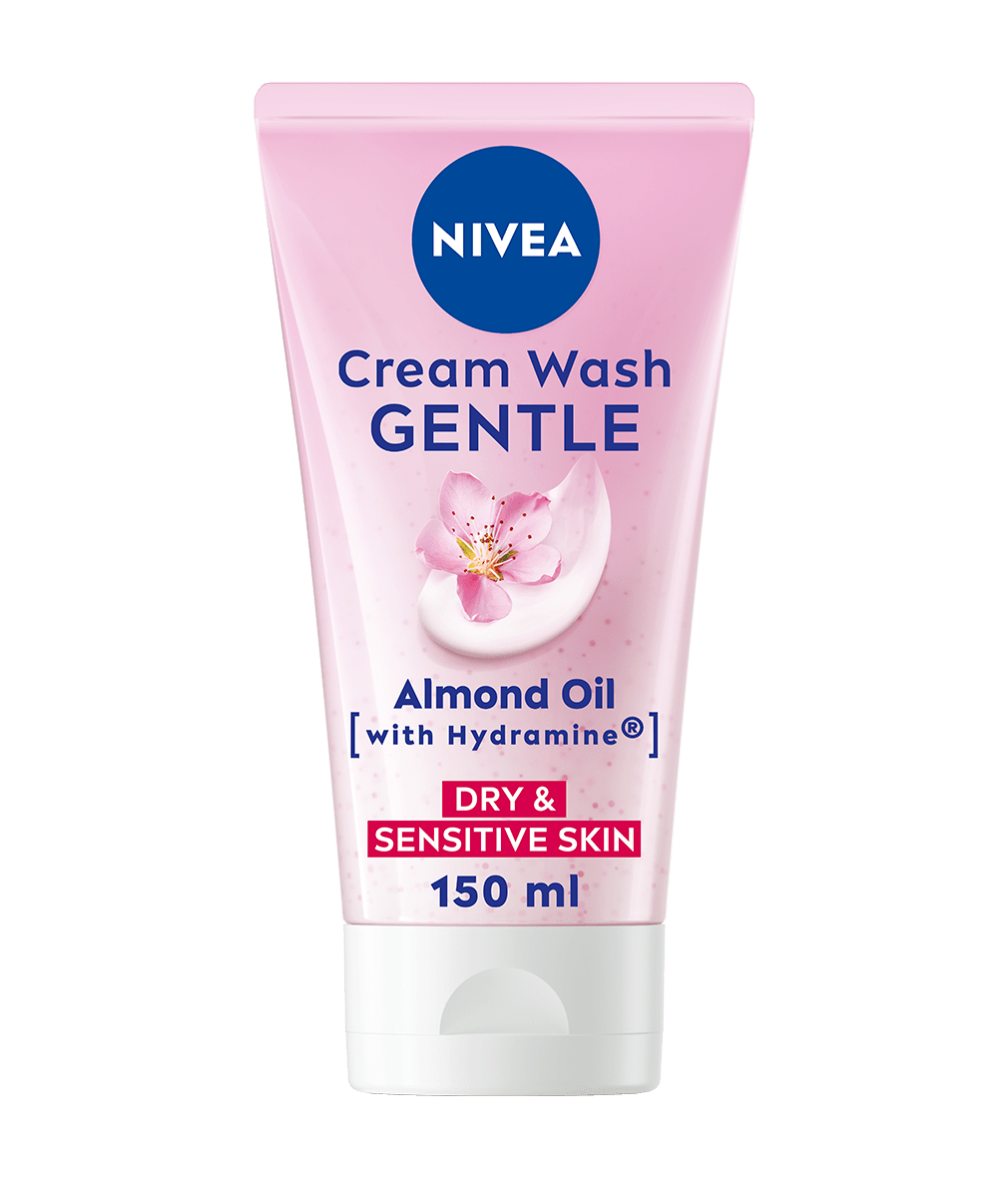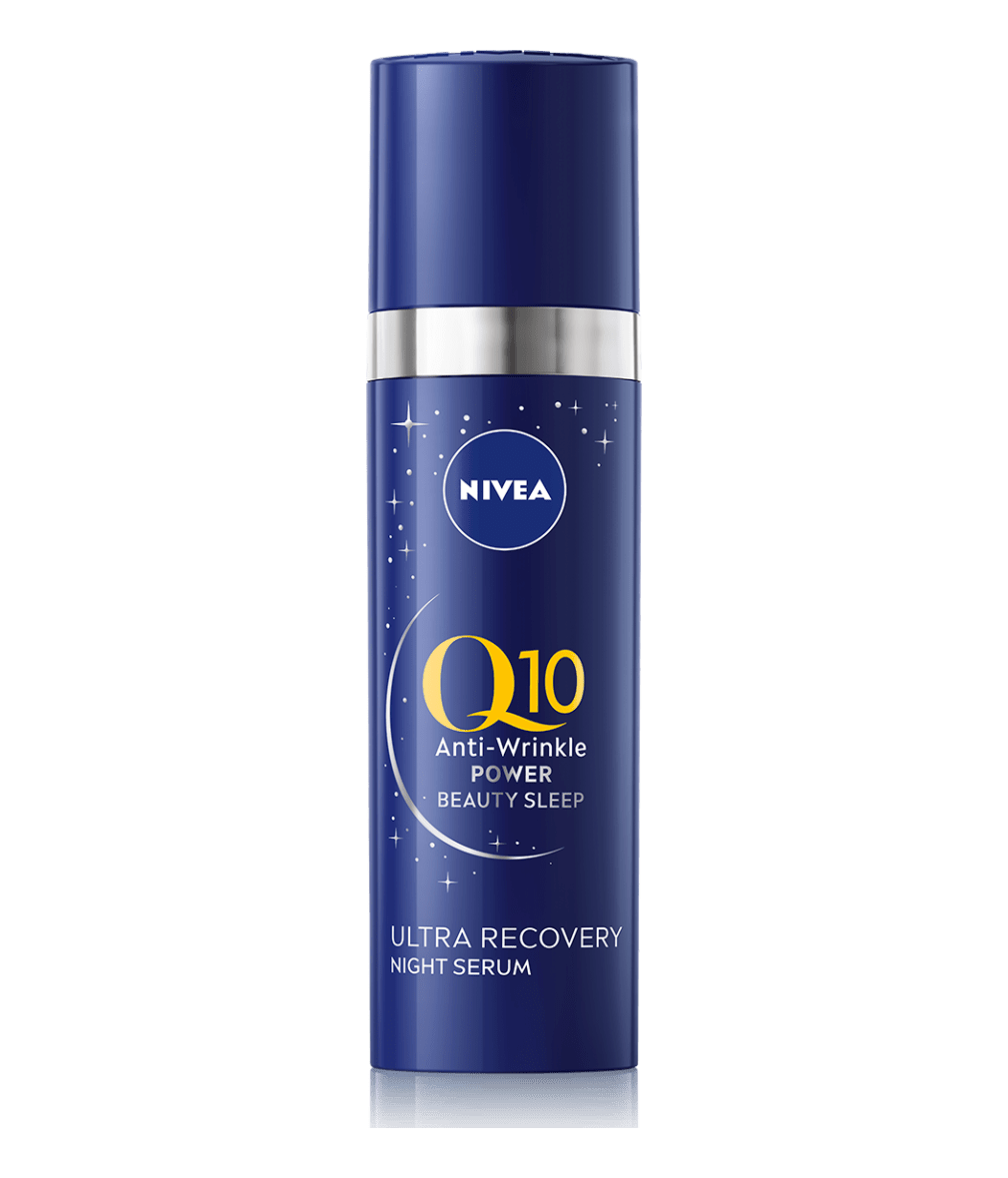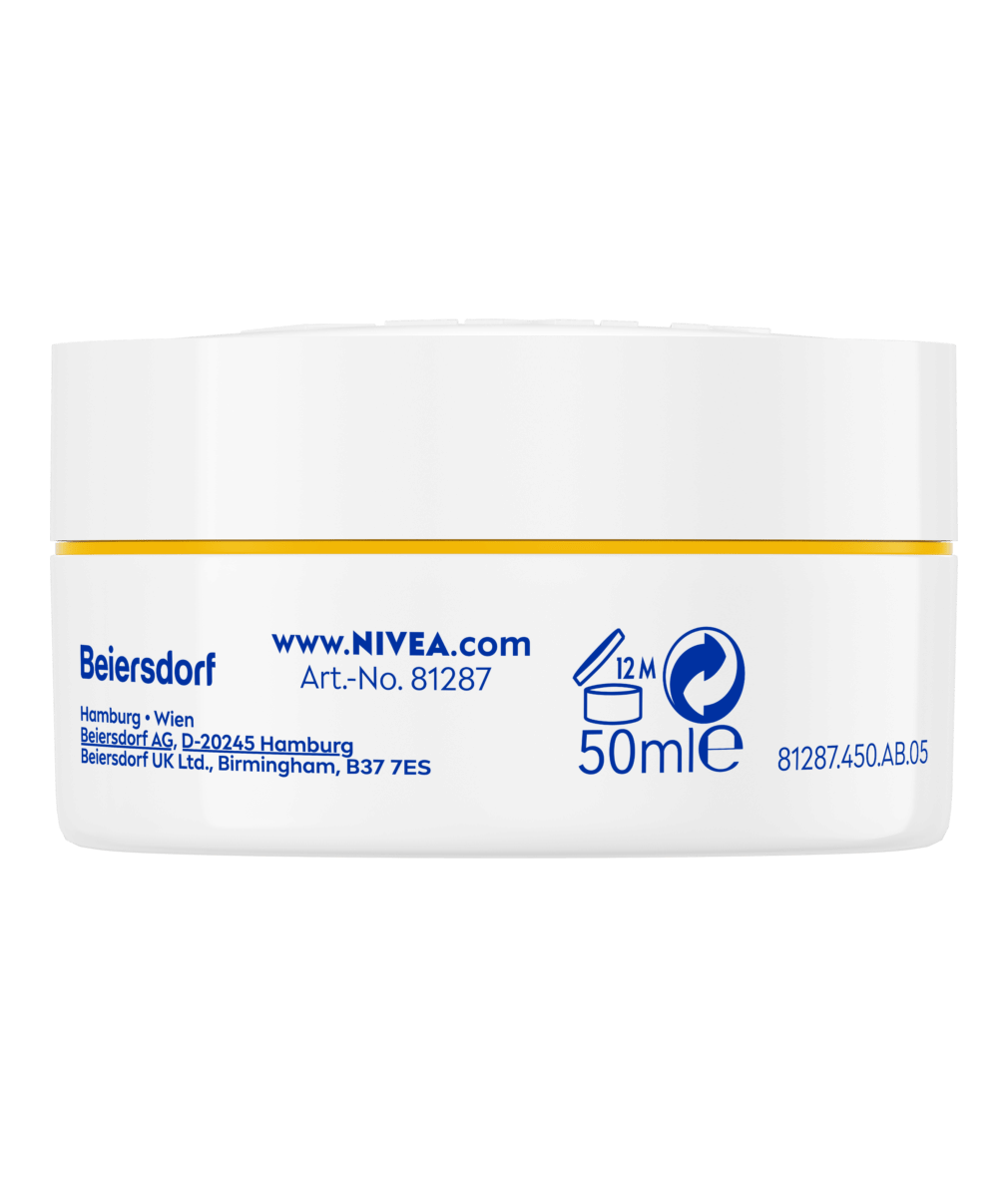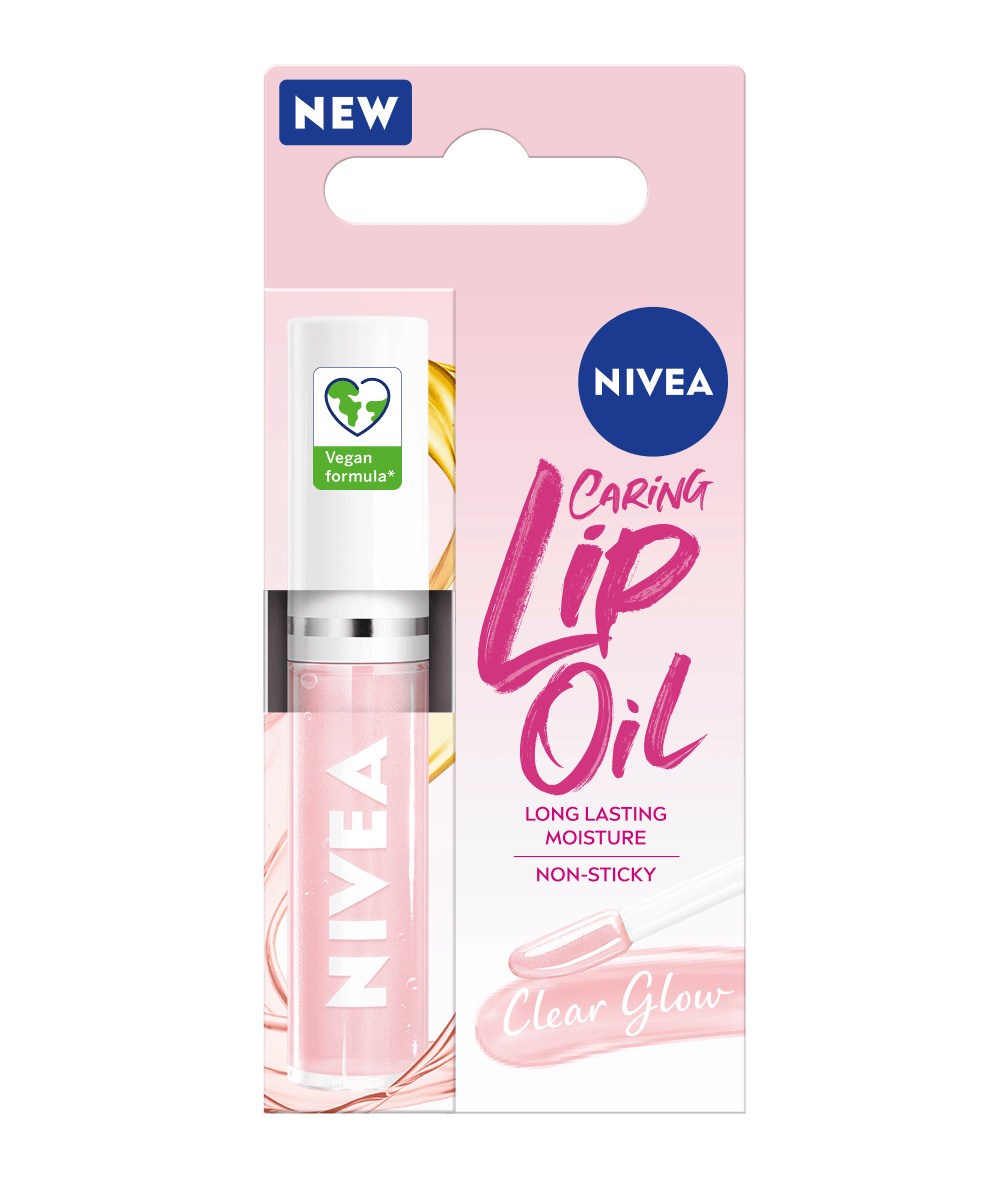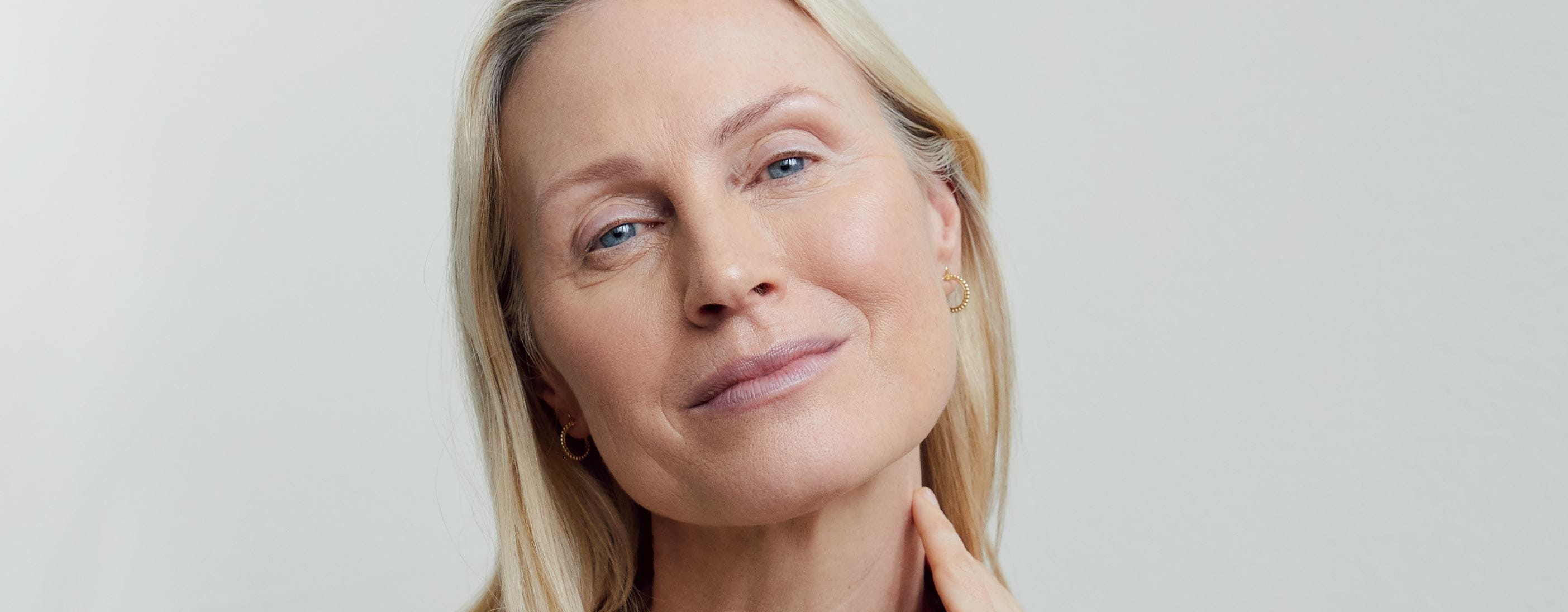
How does menopause affect the skin & what can you do?
Menopause can cause the skin to itch, breakout, dry out and more. Here we breakdown common skin issues during menopause and how you can remedy them.
MENOPAUSE SKINCARE GUIDE
There's no denying menopause comes with its fair share of challenges, including many skin concerns. From hot flashes to night sweats, your skin goes through a lot during menopause. Luckily, there are a few simple things you can do to help relieve these skincare concerns.
WHAT PROBLEMS DOES THE SKIN FACE DURING MENOPAUSE?
MENOPAUSE & DRY SKIN
WHAT PROBLEMS DOES THE SKIN FACE DURING MENOPAUSE?
MENOPAUSE & PRICKLY ITCHY SKIN
WHAT PROBLEMS DOES THE SKIN FACE DURING MENOPAUSE?
